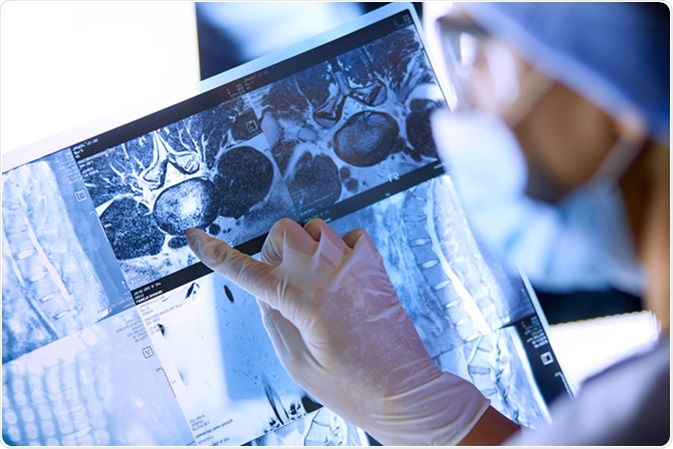A new study has revealed that women have a more youthful brain compared to similar aged male counterparts when it comes to metabolism. The researchers found that with age the rates of metabolism of nutrients slow down in both men and women. However the rates tend to be faster among men than women, they found. The results of this study were published in the latest issue of the journal Proceedings of the National Academy of Sciences.

Image Credit: lenetstan / Shutterstock
The study from researchers at the Washington University School of Medicine in St. Louis is a great news for all women. According to Dr. Manu Goyal, an assistant professor of radiology and neurology at the centre, “Females had a younger brain age relative to males.” This means that they are more likely to be capable of being creative or learning new things as they age, he explained.
Goyal and his team, for this study looked at Positron Emission Tomography scans (PET scans) or brain scans of 205 people aged between 20 and 82 years (121 women and 84 men). The team looked at the metabolism rates in the brains of these participants and measured the amount of oxygen and glucose that was being used in different locations of the brains. They had started out by trying to predict a person’s age from the metabolic processes of his or her brain. They looked at both the metabolism changes in aging brains of men and women. When reversing the process, the computer could accurately predict a person’s age based on the metabolism pattern, they found. Goyal explained that the algorithm was almost “90 percent accurate.”
They then noticed that for some individuals there was a huge difference between brain age and actual age. They then noted that there was a difference among men and women. Goyal said, “When we looked at males versus females, we did find an effect. We found in fact that females had a younger brain age relative to males.” Pondering on the reasons why, Goyal said, “It makes us wonder, are hormones involved in brain metabolism and how it ages?” He speculated it could be genetics as well.
Goyal explained that while this could mean that women were more likely to be capable of learning and creative in their later years, it may also raise the risk of developing Alzheimer's disease in women. “It’s not that men’s brains age faster – they start adulthood about three years older than women, and that persists throughout life,” he added. Goyal said, “We don't see brain aging itself as something that needs to be 'halted'” He added that, “what we need to understand is how brain aging contributes to diseases such as Alzheimer's disease, and why some people are more or less resilient to developing Alzheimer's and other brain diseases.”
He concluded that diet and exercise can keep the metabolism of the brain running and can have an influence on “healthy aging and in disease.”